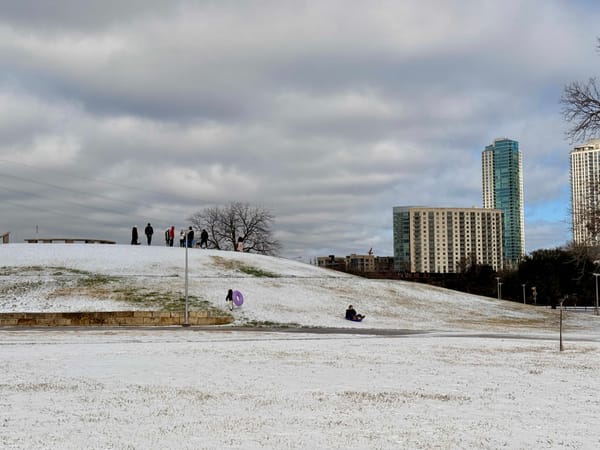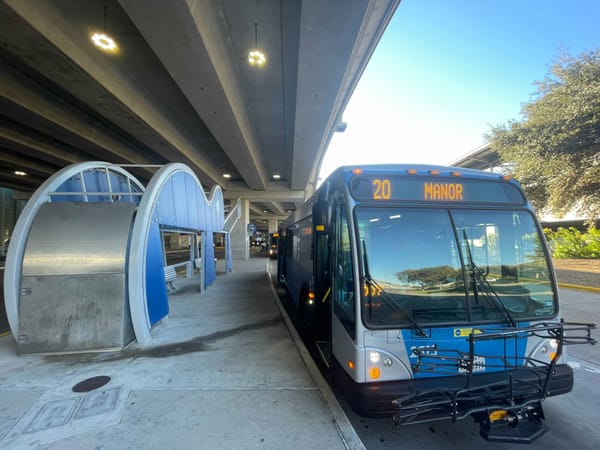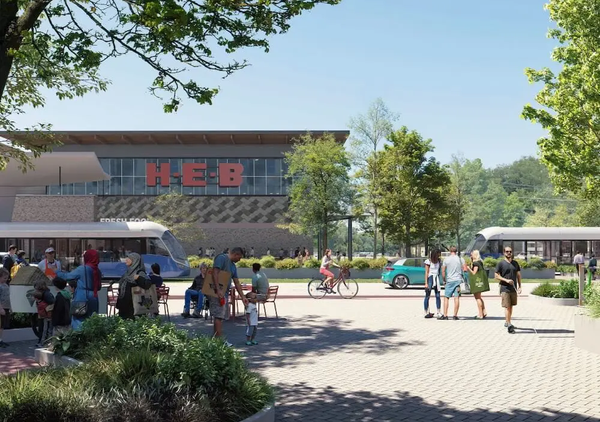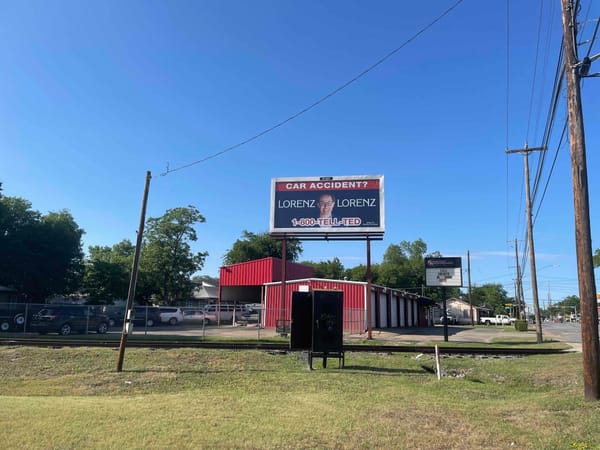Budget passes: here comes the tax election
It's time to trust the voters.
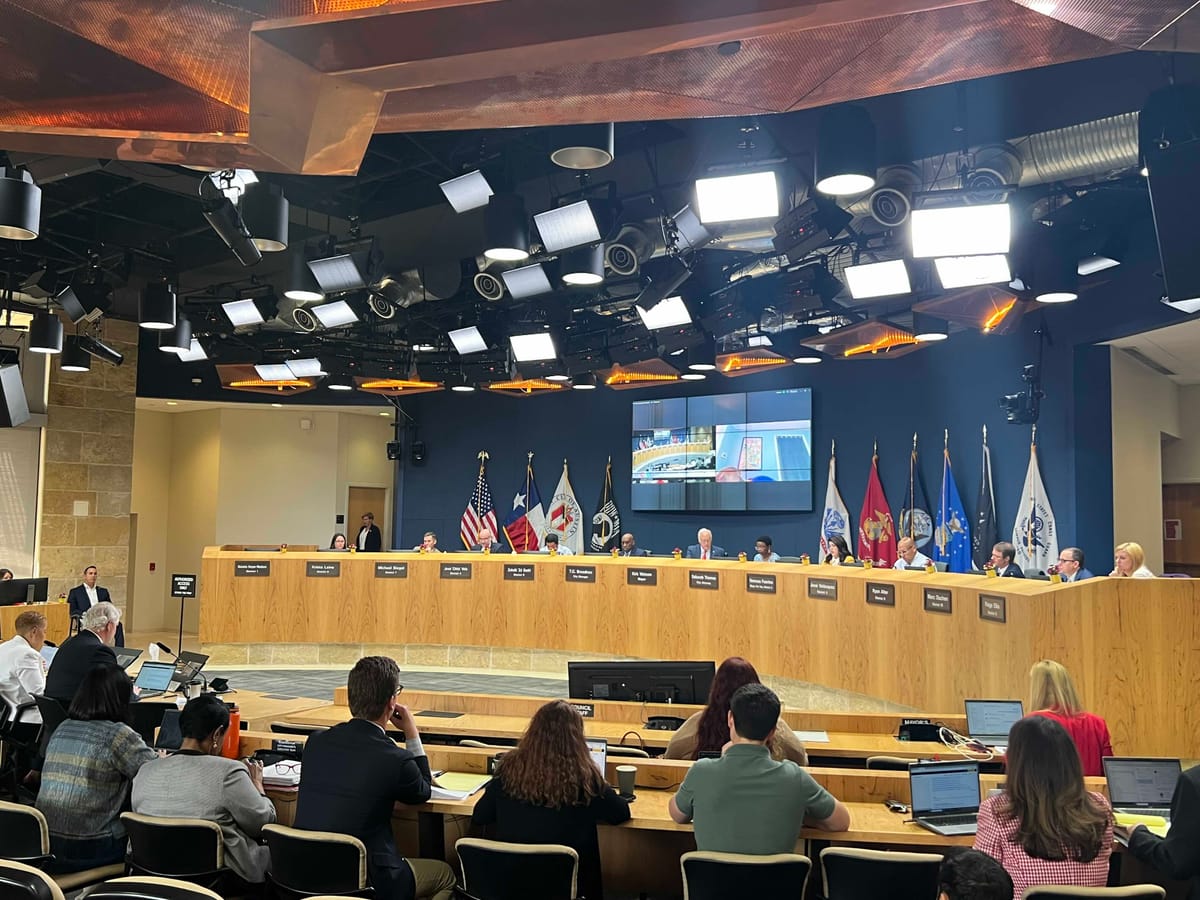
City Council approved a budget this afternoon that depends on voters approving a significant tax hike in November.
The tax hike will add $200 to the annual bill for a home worth about $500,000.
If voters reject the increase, Council will likely be forced to make immediate cuts to social services. In the years to come, however, the cuts will inevitably come at the expense of existing core services: police, fire, EMS and parks.
The money Council added on to the budget to trigger the Tax Rate Election would generate an additional $110 million in the upcoming fiscal year. By FY' 29, the budget is projected* to be $119 million higher than it would be if the city maintained spending within the 3.5% per-year increases allowed without voter approval.
Here's what it's going to fund.
A little under half of the money generated by the TRE is earmarked for programs to address or prevent homelessness. In theory this includes $3M/yr for the HEAL initiative to get people out of encampments and into bridge housing, $2.8M/yr to maintain existing emergency shelters, $5.2M/yr to increase emergency shelter, $12M/yr for rapid rehousing, and about $8M/yr for permanent supportive housing. There were a number of other one-time expenses, including $1.1 million for eviction prevention and $500,000 for a promising diversion program run by the Sunrise Navigation Center in South Austin.
It would also generate about $11M/yr for EMS services, including $3.6M to add three "basic life support" ambulances (for lower-acuity calls), $1.4M for specialized mental health response, and $3M for EMS call-takers and dispatchers. Separately, there is $1 million to expand the existing Mobile Crisis Outreach Team – to make it available 24/7.
The TRE also includes roughly $23 million in a variety of social services, including $1 million for the Sobering Center, $1 million for Community Violence Intervention, $800k for HIV testing, $640k for AISD parent support specialists, and $1.3 million for the "family stabilization grant" – which gives about 100 poor families $1k a month for a year.
City budget staff projects the budget will allow the city to maintain a reserve at above 17% of the value of the general fund for the next four years.
We'll dig deeper into the details in the coming weeks ...
*In theory
These funds are theoretically tied to certain programs, but they are not bound to them legally. Other cost drivers in the budget, notably the growing police budget, could very likely force the city to abandon these commitments within a couple years in order to cover the cost of core services.
To review, the police contract that Council approved last year hiked police pay 8% in the current fiscal year and will increase it another 6% in the upcoming fiscal year. Unless sales tax revenue significantly picks up, that obligation to the city's largest employee group will continue to encroach on other parts of the budget.
Watson: Time to trust voters
The mayor, who rarely shares opinions on the dais, gave a brief address shortly before the vote describing the budget as a difficult but necessary investment for the sake of Austin's quality of life and safety. He conceded there were parts of the budget that he didn't like, but said that compromise is necessary in governing a "big, diverse city where people have lots of different points of view."
"I have often said that some of the greatest challenges in Austin, Texas are a result of our success. Typically we aren’t managing decay," he said. "If we aren’t making the kinds of investments in our people and our services, we will be managing decay in a short period of time."
He stressed his focus on addressing homelessness and said that the proposed investments in housing and services for the unhoused "would make a world of difference" in the coming years.
He lauded city staff and his Council colleagues for the "transparent" process in crafting the tax proposal and said that it is now "time to trust our voters."
Austin v. Trump & Abbott
In their closing remarks, other Council members described the budget as a sharp contrast with federal and state governments' neglect of the vulnerable.
"We could follow the state and federal example and walk away from Austinites and say you’re on your own," said Ryan Alter. "Instead we chose people. We safeguarded Austin’s safety net."
"While they’ve initiated one of the largest upward wealth transfers in our history," said Vanessa Fuentes, referring to the federal government, "we are choosing to meet the moment with or without their help."
Marc Duchen, odd man out
The lone dissenter on the budget was Marc Duchen, the rep from West Austin. Duchen is a longtime Democrat but was elected by a coalition that included many conservatives in his narrow victory over Ashika Ganguly last year and has generally been the most conservative voice on the dais this term.
While he took his colleagues' concerns about the vulnerable to heart, "I still believe that raising their taxes will make this city less affordable and hurt all of them," he said.
The city has a "long-standing spending problem" and he fears that the TRE, if it passes, will merely be a "band-aid." He urged his colleagues to embrace a third-party audit to identify ways to make city services more efficient.
Little appetite for raising electricity rates
But while deploring increased property taxes, Duchen offered an amendment to increase Austin Energy electricity rates to shore up the utility's own deficit. (Read more about this in yesterday's newsletter, at the bottom)
Duchen appeared to be gain some sympathy from Krista Laine, who bemoaned the reliability issues in her Northwest Austin district, but ultimately his amendment garnered no votes besides his own.
Watson described Duchen's proposal as "ironic," given the Council member's concerns about raising property taxes.
Chito Vela went further, describing rate hikes as a "regressive" tax. Property taxes are comparably "progressive," although not nearly as progressive as an income tax, he conceded.
NEXT WEEK: I'll take a look at some of the massive development fee increases included in the budget and – at long last – the re-legalization of animal abortions at the Austin Animal Center over the furious objections of Austin Pets Alive! Have a good weekend!
Please tell your friends to get their own subscription to the Austin Politics Newsletter!


